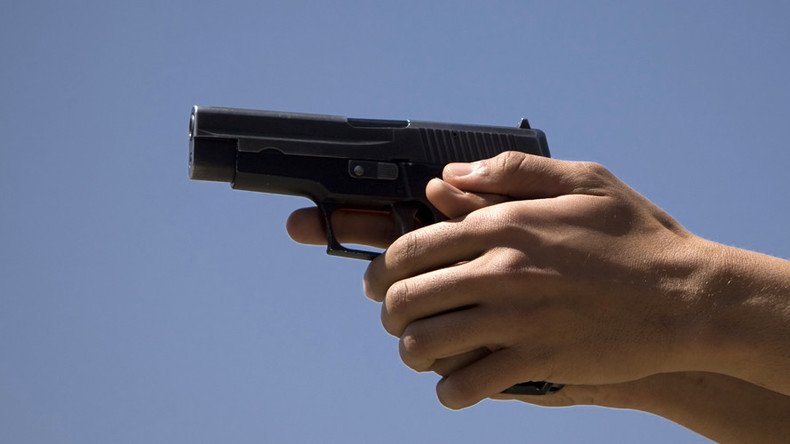Florida strengthens ‘stand your ground’ rule used in Trayvon Martin case

Florida has passed legislation that strengthens the controversial ‘stand your ground’ law which was central to jury deliberations during the trial of Trayvon Martin’s killer, George Zimmerman.
The new law places the burden of proof in “stand your ground” pretrial hearings on prosecutors, who must now show a “stand your ground” defense is not applicable.
It was previously up to defendants to prove their use of force was legitimate but now prosecutors must show “beyond a reasonable doubt” that defendants were not acting in self defense.
READ MORE: Media access to Florida ‘Stand Your Ground’ details could be drastically reduced
Republican Gov. Rick Scott signed SB 128 on Friday. Scott is supported by the National Rifle Association (NRA), which gave him an ‘A’ rating and celebrated the passing of the law, saying it “restores the presumption of innocence in self-defense cases by putting the burden of proof BACK ON THE STATE where it belongs.”
Trayvon Martin, an unarmed black teenager, was shot dead by George Zimmerman in 2012. During Zimmerman's trial, the jury were told about the stand your ground law, which cites the right to “stand your ground” and defend yourself.
The world remembers Trayvon Martin on his 21st birthdayhttps://t.co/Xon4wWv6Zzpic.twitter.com/byv53LrYrM
— RT America (@RT_America) February 6, 2016
The 2005 law allows defendants to claim self-defense in situations where they say they feel their lives are in danger. It removes the legal responsibility to retreat from a dangerous situation and allows the use of deadly force when threatened.
Zimmerman was not arrested immediately after he killed Martin as a result of the law, but was later charged after national outcry and the appointment of a special prosecutor to the case. Zimmerman was acquitted of subsequent charges in court, sparking fierce debate about the legitimacy of the “stand your ground” defense.
A task force was set up to review the stand your ground law, but efforts to repeal it were struck down by a Republican-controlled House in 2013.
Critics of the bill cited concerns that it would make gun owners more likely to shoot first and ask questions later.
The National Rifle Association supported the earlier 2005 stand your ground law, saying such laws are important for defending citizens’ rights to protect themselves.












